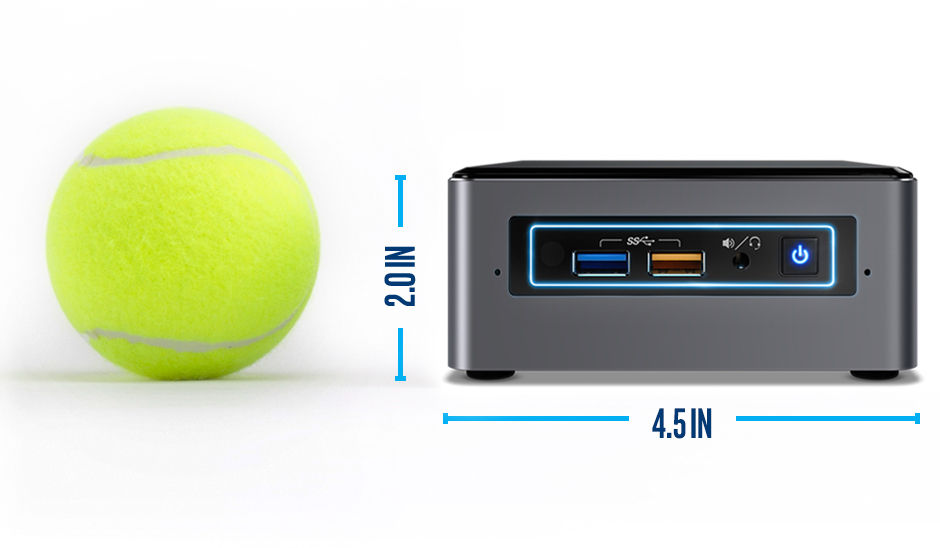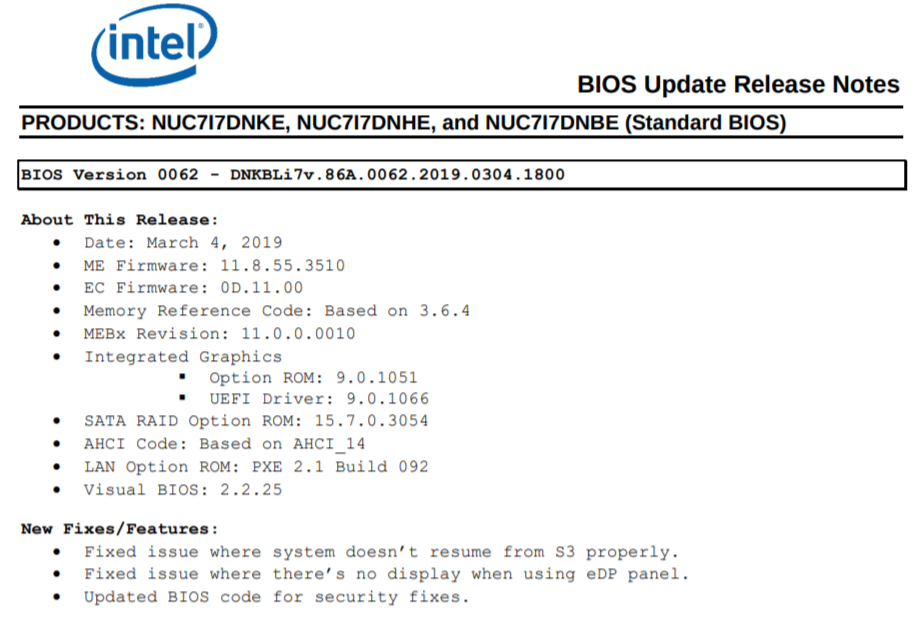Intel is a trusted brand for individuals, corporations, and even government entities. Does it deserve this level of public trust? As a consultant, I only like to recommend products I’ve personally tested, but sometimes things don’t go as expected.
Several months ago, I decided to help Welch | Hall Architects build a local server to host their designs for the computers in the office over their Gigabit Ethernet connection using BIMcloud by Graphisoft. I sorted all kinds of network and printer issues, virtualized resources for accounting to reduce hardware requirements, and upgraded and refurbished some old machines with SSD and extra RAM to prepare for a future workforce.
I proposed a few hardware options for building the server, including upgrading an existing iMac or building a Ryzen-based tower that could serve double-duty as a workstation. We settled on the Intel NUC. This small form factor PC can be secured with a Kensington lock and I’d had fairly good experience with a NUC for serving files and media in the home.


Part of the reason we selected the NUC is because of its integrated nature and hypothetical ease of replacement when something goes wrong. We selected the NUC7i7DNHE powered by the i7-8650U hyperthreaded quad-core CPU. It’s a powerful machine, but the erratic cooling fan behavior (constant revving up and down) makes it more ideal in a ventilated cabinet than on a desk.
The NUC initially proved to be quite reliable, with the exception of some software issues from Graphisoft. But on March 1, we began to see issues with the machine becoming unresponsive. My contact at the firm said he’d arrive in the mornings and find the power light illuminated, but unreachable for remote access. The display showed no input from HDMI and no response from input on keyboard and mouse.
The workaround was to hold the power button to force a power-off and then press it again to power it on. NUC would boot without issue and work properly for the rest of the day. But this issue was happening nearly every day and the client became understandably perturbed.
Naturally, I called Intel to discuss their recommended troubleshooting. The advisor mentioned the BIOS and Windows settings I’d already configured and recommended reinstalling the OS. It was fairly basic and nothing Intel recommended seemed to fix the issue.
Intel’s delayed responses were frustrating and unexpected from a company with its reputation. When we did reach a support tech, the assistance was expert-level, but quality support is about much more than that.

Intel released a BIOS update related to this issue on March 4, 2019. For version 0062, the release notes spelled out the “issue where system doesn’t resume from S3 properly,” but this update didn’t actually fix the issue.
Eventually, Intel determined that it was necessary to replace the NUC and started the process to create RMA so we could swap it with a replacement NUC. After waiting 6 days to hear back about the replacement, we received an e-mail reply that there was no available inventory and that Intel would allow us to send the hardware back for a refund instead. I can no longer recommend Intel’s NUC in good conscience.
Intel’s delays added frustration to the client’s situation. The update failed to address the issue despite the release notes, and instead of offering an upgraded NUC or advanced replacement, it delayed communication and only offered a refund. Customers considering the NUC for an always-on machine should be aware of this potential for systemic lack of commitment and service to the NUC lineup. As an Intel veteran of 25 years, DallasComputer.io advisor, Chuck Dube, was surprised and disappointed at the series of failings.
